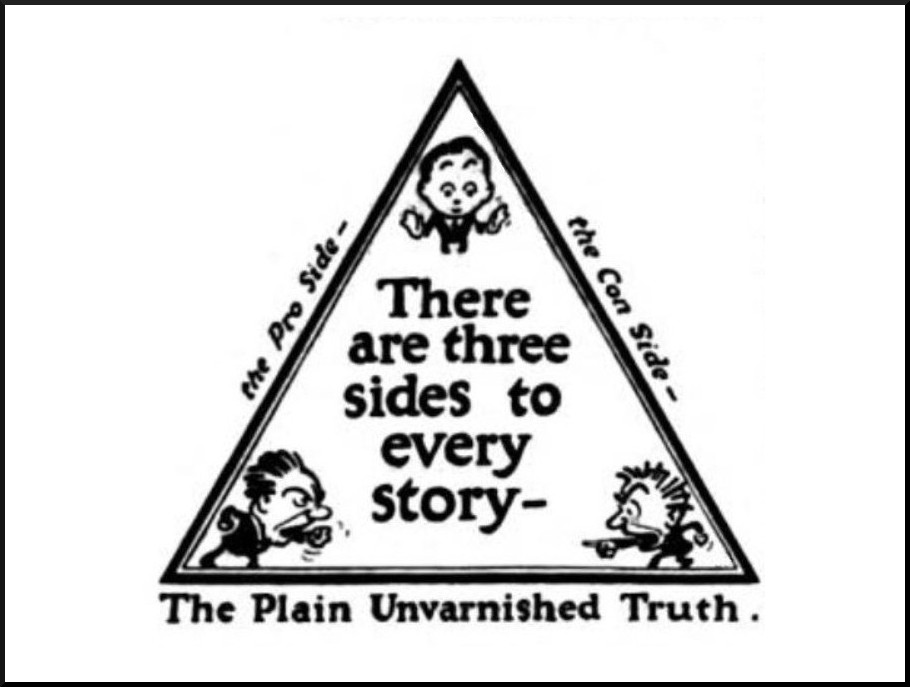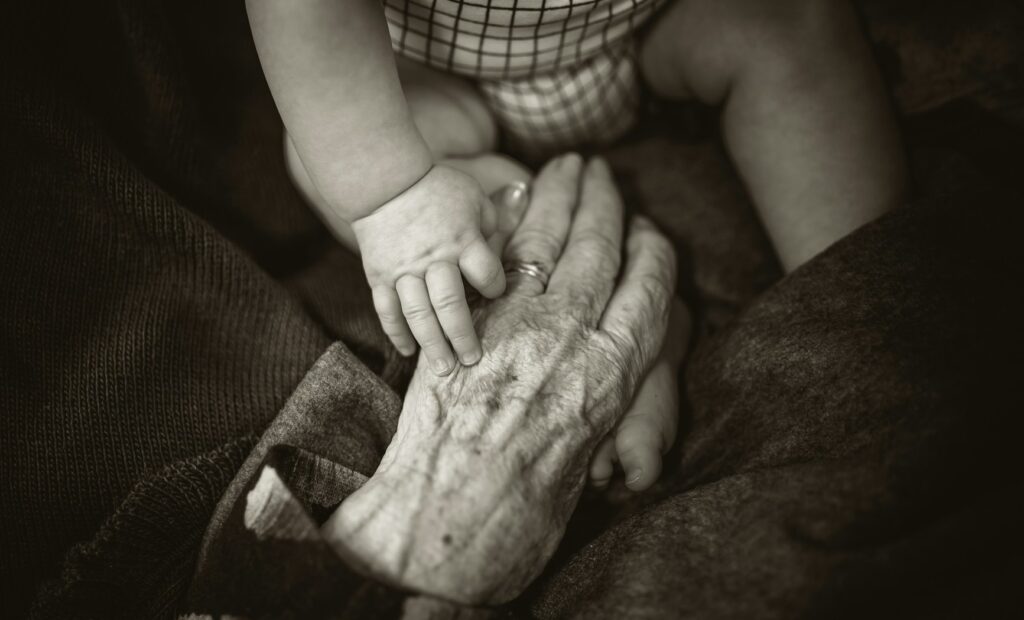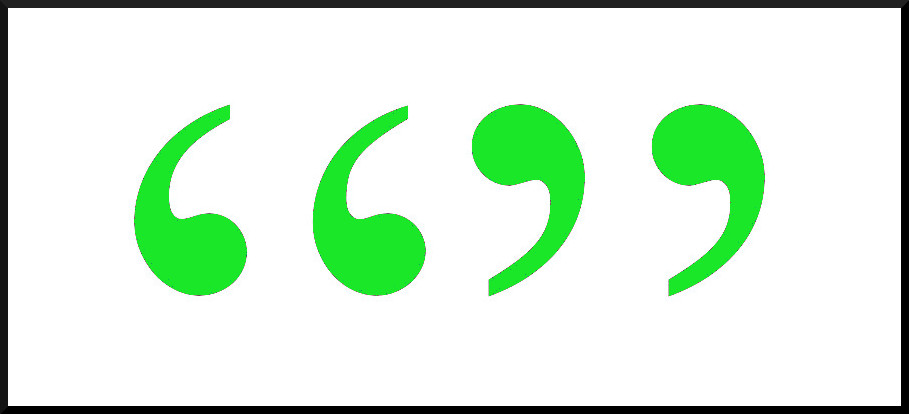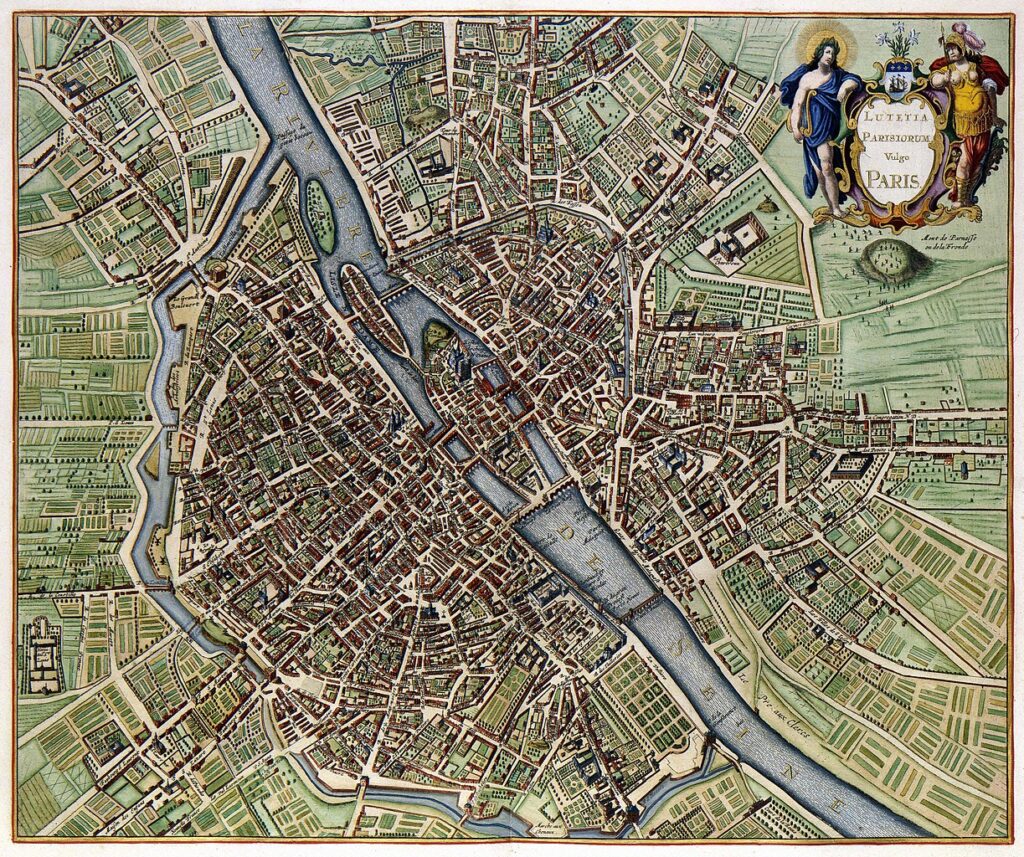Lewis Carroll? Cheshire Cat? J.C. Penney Department Store? Sue? Apocryphal? Anonymous?
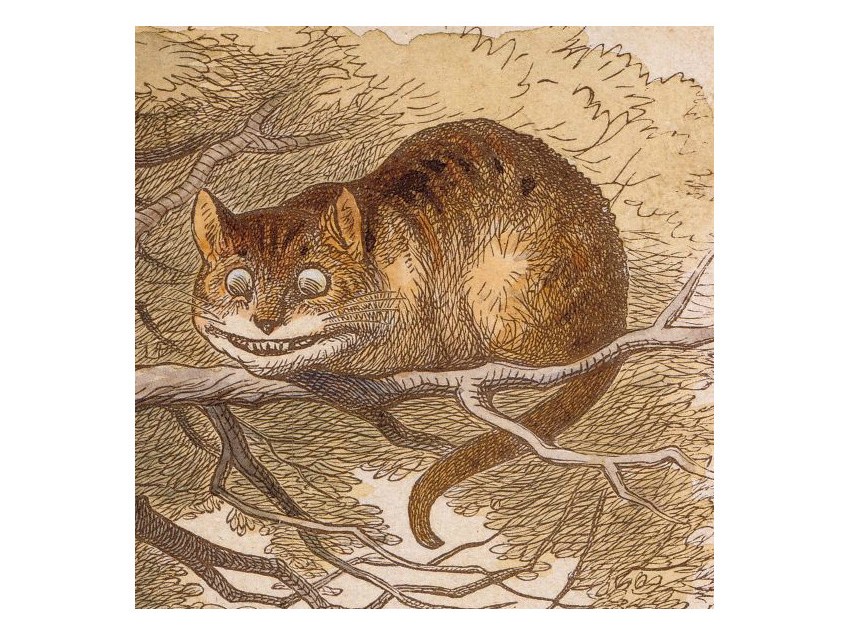
Question for Quote Investigator: The famous English fantasy author Lewis Carroll has been credited with a statement about nonconformity. Here are two versions:
(1) I’m not crazy; my reality is just different than yours.
(2) I’m not strange, weird, off, nor crazy, my reality is just different from yours.
I am skeptical of this attribution because I have never seen a solid citation. Would you please explore this topic?
Reply from Quote Investigator: QI has found no substantive evidence supporting the ascription to Lewis Carroll.
The earliest match located by QI appeared in January 2008 within a Usenet message posted by a person using the handle Sue in the newsgroup alt.fiftyplus. The remark was part of the signature block of the message. Boldface added to excerpts by QI:1
I’m not crazy, my reality is just different than yours.
It is possible that Sue crafted the remark, but QI conjectures that Sue was repeating a remark that was already in circulation. Thus, the originator remains anonymous.
Below are additional selected citations in chronological order.
Continue reading “Quote Origin: I’m Not Crazy. My Reality Is Just Different Than Yours”


